11 Gut-Healing Snacks That Won't Wreck Your Microbiome
In recent years, the importance of gut health has surged to the forefront of wellness conversations, with the microbiome—a complex community of microorganisms residing in our digestive tracts—taking center stage. This intricate ecosystem influences everything from digestion and immunity to mood and mental clarity. As science continues to unravel the profound connections between our gut and overall health, the focus has shifted toward nourishing these microscopic allies through our diet. Enter the world of gut-healing snacks: delicious, nutrient-rich options designed to support and enhance your microbiome naturally. This article will explore 11 such snacks, each offering unique benefits, and provide insights into how they can seamlessly integrate into your lifestyle. Prepare to embark on a culinary journey that not only tantalizes your taste buds but also fortifies your gut health.
1. The Power of Probiotics: Yogurt and Kefir
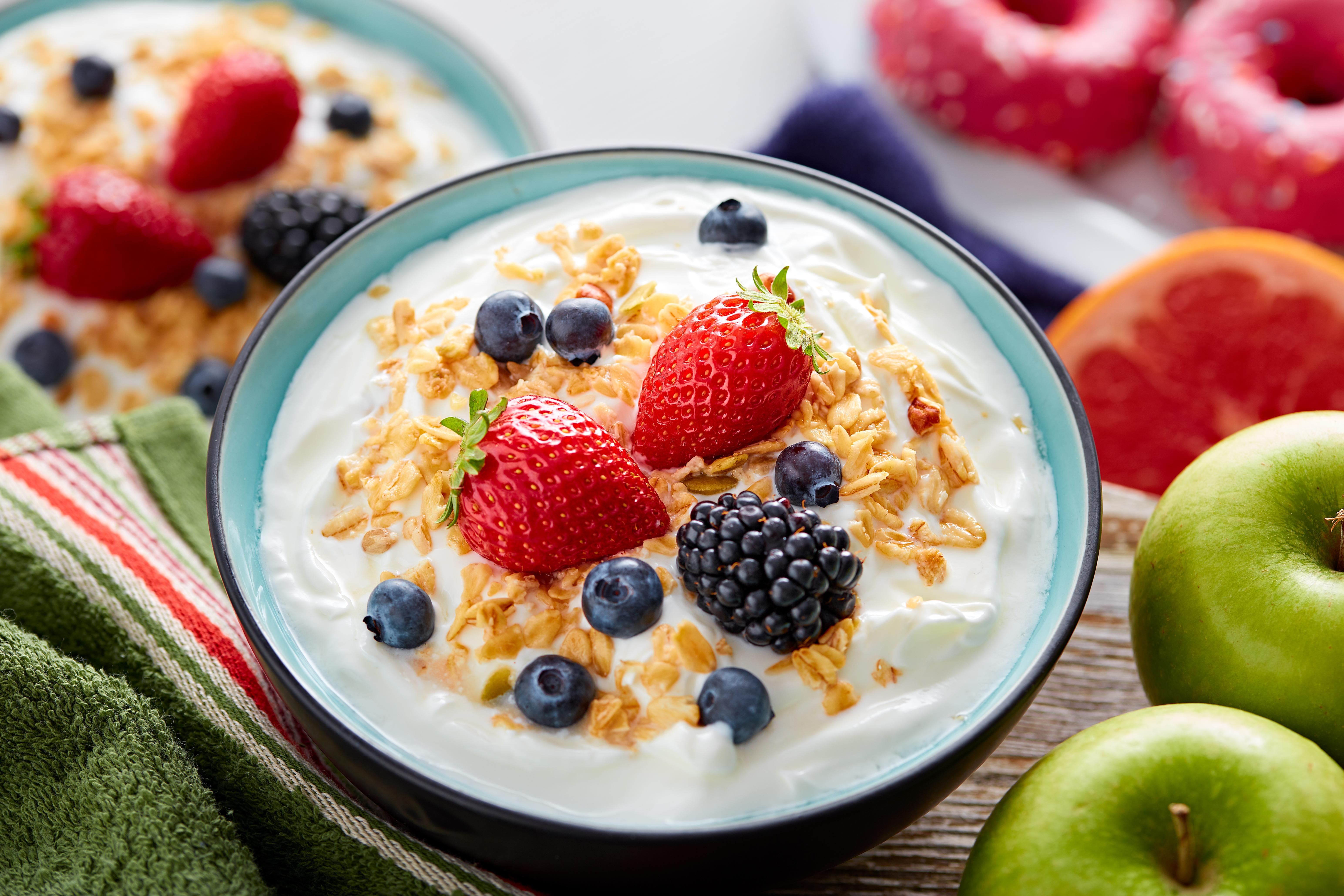
Probiotics are live microorganisms that confer health benefits when consumed in adequate amounts, and yogurt and kefir are two of the most accessible sources. Yogurt, made through the bacterial fermentation of milk, is rich in cultures like Lactobacillus and Bifidobacterium, which help balance the gut microbiota. Kefir, a fermented milk drink, boasts a more diverse array of beneficial bacteria and yeast, offering a powerful probiotic punch. Regular consumption of these fermented dairy products can enhance digestion, boost the immune system, and even improve lactose tolerance. Incorporating yogurt or kefir into your daily routine can be as simple as enjoying a breakfast parfait or a post-workout smoothie, making them versatile and convenient options for gut health.
2. Fermented Vegetables: Sauerkraut and Kimchi
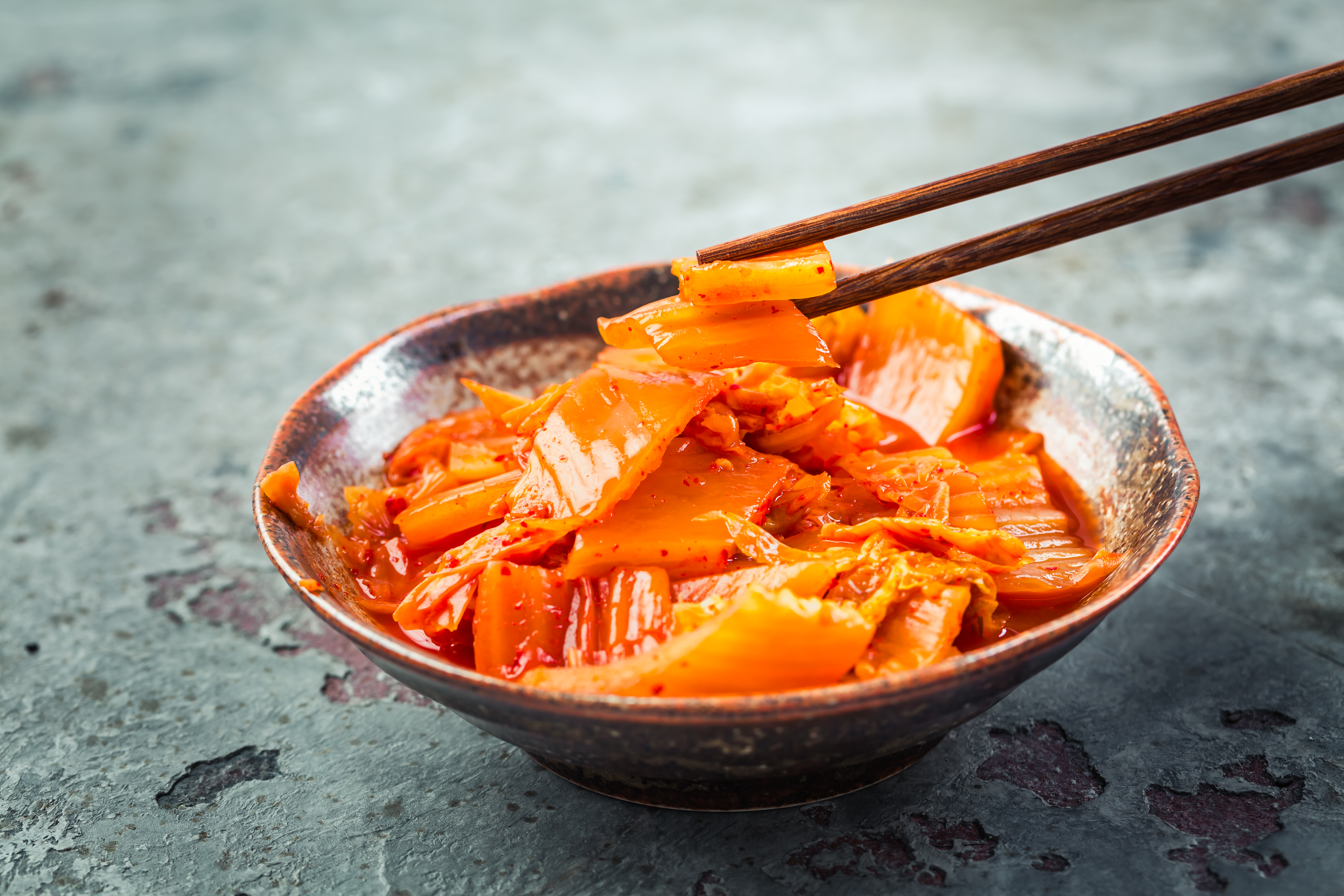
Fermented vegetables like sauerkraut and kimchi are not only packed with flavor but also brimming with probiotics. Sauerkraut, made from fermented cabbage, is rich in fiber, vitamins C and K, and beneficial bacteria that support digestion and reduce inflammation. Kimchi, a staple in Korean cuisine, combines cabbage with radishes, chili peppers, and spices, offering a spicy, tangy burst of flavor alongside its gut-healing properties. These fermented foods are known to enhance nutrient absorption and promote a balanced gut microbiome. Incorporating them into meals can be as simple as adding a spoonful to salads, sandwiches, or rice bowls, providing both a nutritional boost and a delightful taste experience.
3. The Fiber Factor: Chia Seeds and Flaxseeds
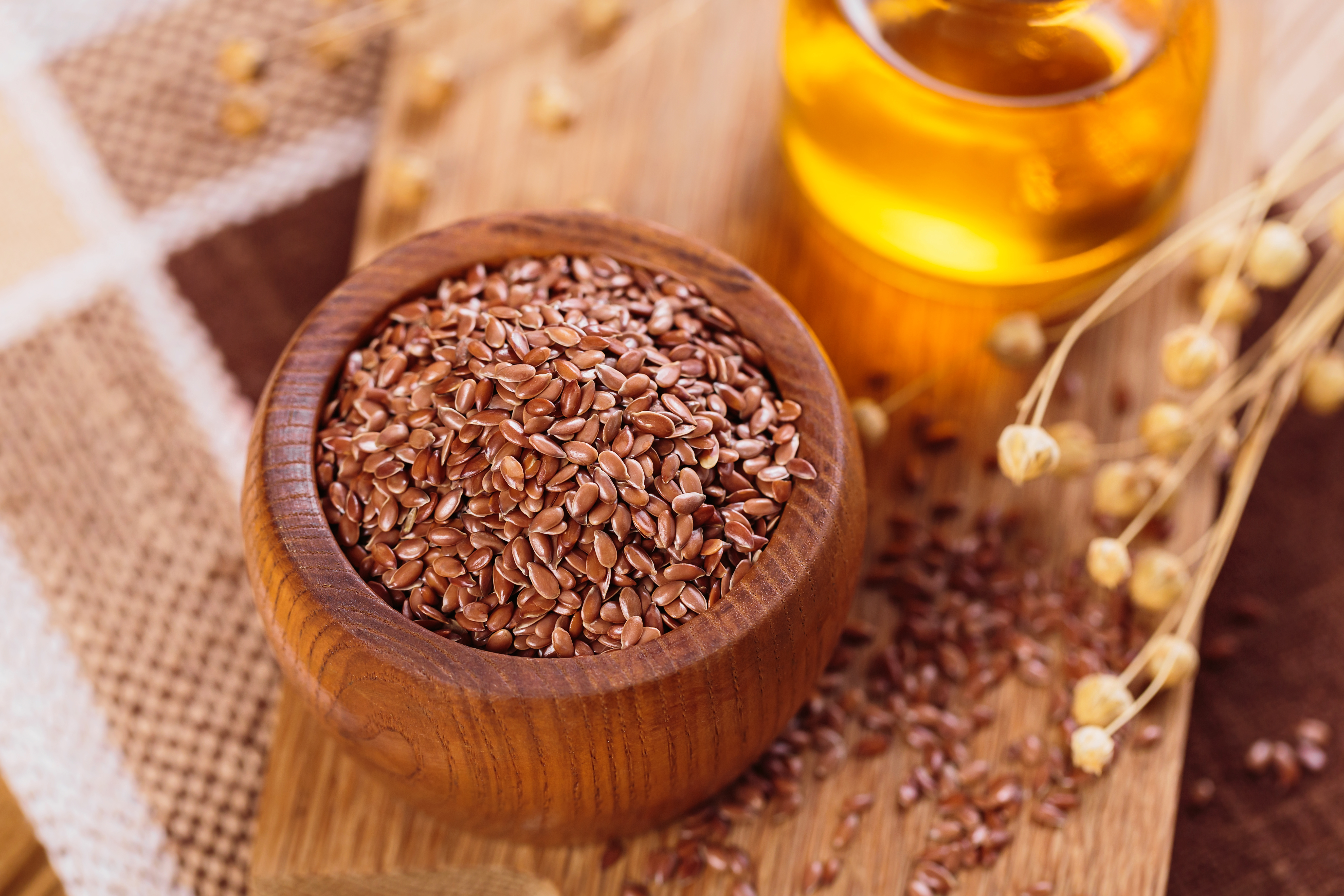
Fiber is a crucial component of a gut-friendly diet, serving as food for beneficial bacteria and promoting regular bowel movements. Chia seeds and flaxseeds are excellent sources of soluble fiber, which helps regulate digestion and stabilize blood sugar levels. Chia seeds, when soaked, form a gel-like consistency that aids in digestion and provides a feeling of fullness, making them an ideal addition to smoothies or oatmeal. Flaxseeds, rich in omega-3 fatty acids, contribute to reduced inflammation and improved heart health. Incorporating these seeds into your diet can be as simple as sprinkling them over yogurt, adding them to baked goods, or blending them into smoothies, ensuring you receive their gut-healing benefits daily.
4. Prebiotic Powerhouses: Garlic and Onions
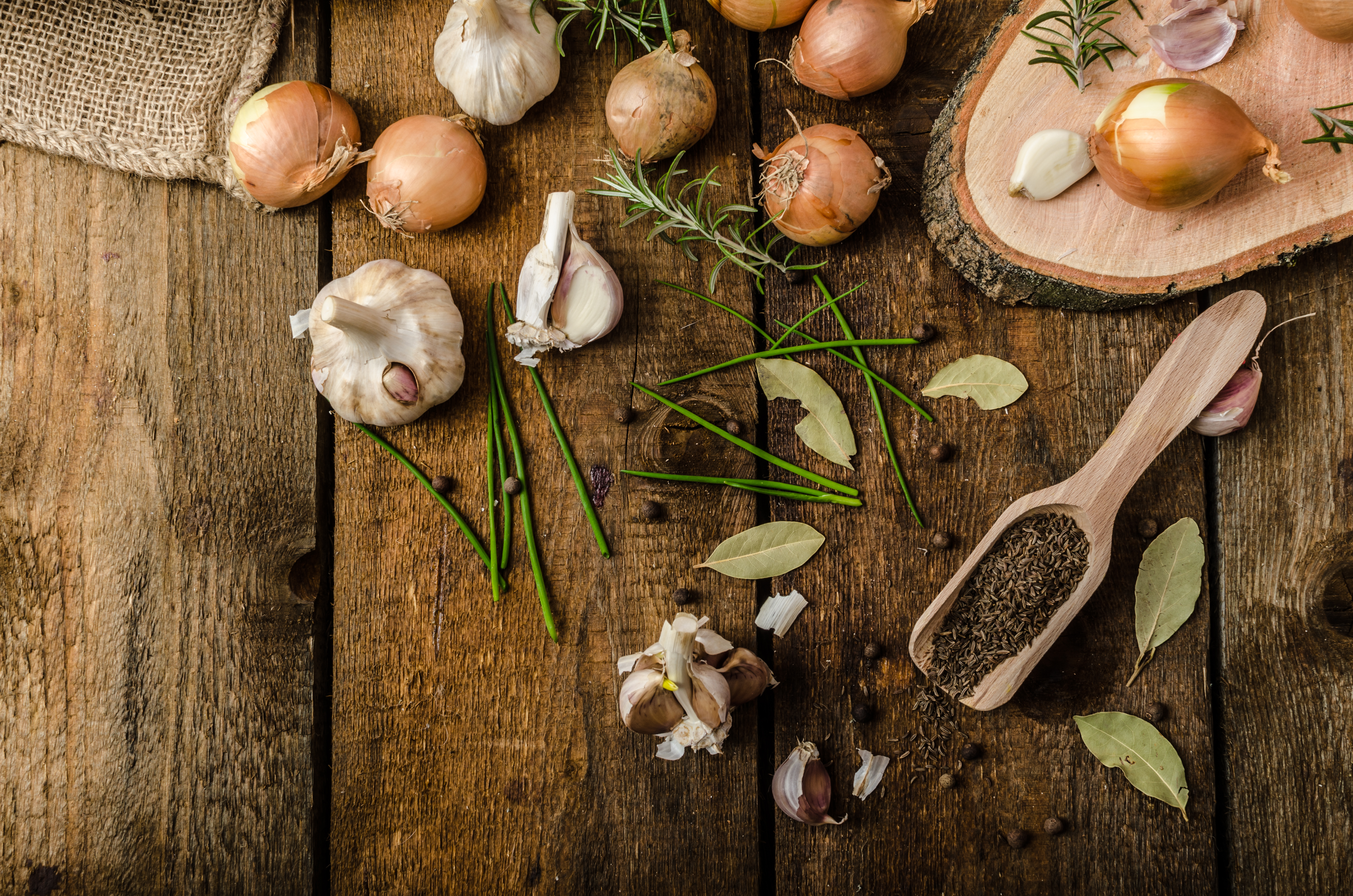
Prebiotics are non-digestible fibers that feed the beneficial bacteria in your gut, promoting their growth and activity. Garlic and onions are two potent prebiotic foods that not only enhance the flavor of dishes but also support a thriving microbiome. Garlic contains inulin and fructooligosaccharides, which stimulate the growth of bifidobacteria and lactobacilli. Onions, rich in fiber and antioxidants, offer similar benefits, making them a staple in any gut-friendly diet. Cooking with garlic and onions is a simple way to incorporate prebiotics into your meals, whether in soups, stews, or sautéed vegetables, enhancing both the health benefits and the culinary experience.
5. The Sweet Side: Dark Chocolate
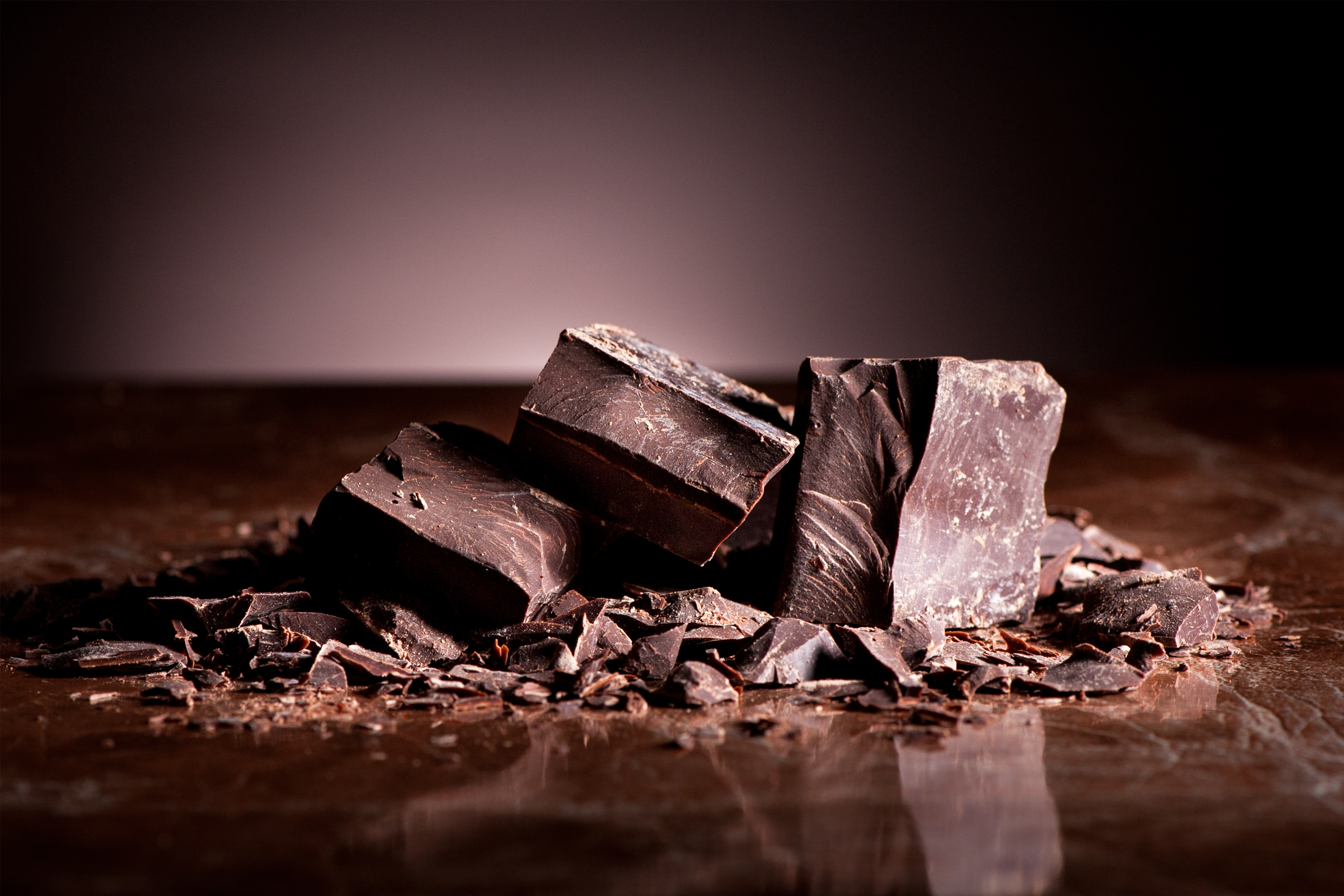
Dark chocolate, when consumed in moderation, can be a delightful addition to a gut-healthy diet. Rich in polyphenols, dark chocolate acts as a prebiotic, supporting the growth of beneficial gut bacteria. These polyphenols also have antioxidant properties, contributing to reduced inflammation and improved heart health. Choosing chocolate with a high cocoa content (70% or more) ensures you receive the maximum health benefits. Enjoying a small piece of dark chocolate as a dessert or pairing it with fruits can satisfy your sweet tooth while promoting a healthy gut, proving that indulgence and wellness can go hand in hand.
6. Nuts for Your Gut: Almonds and Walnuts
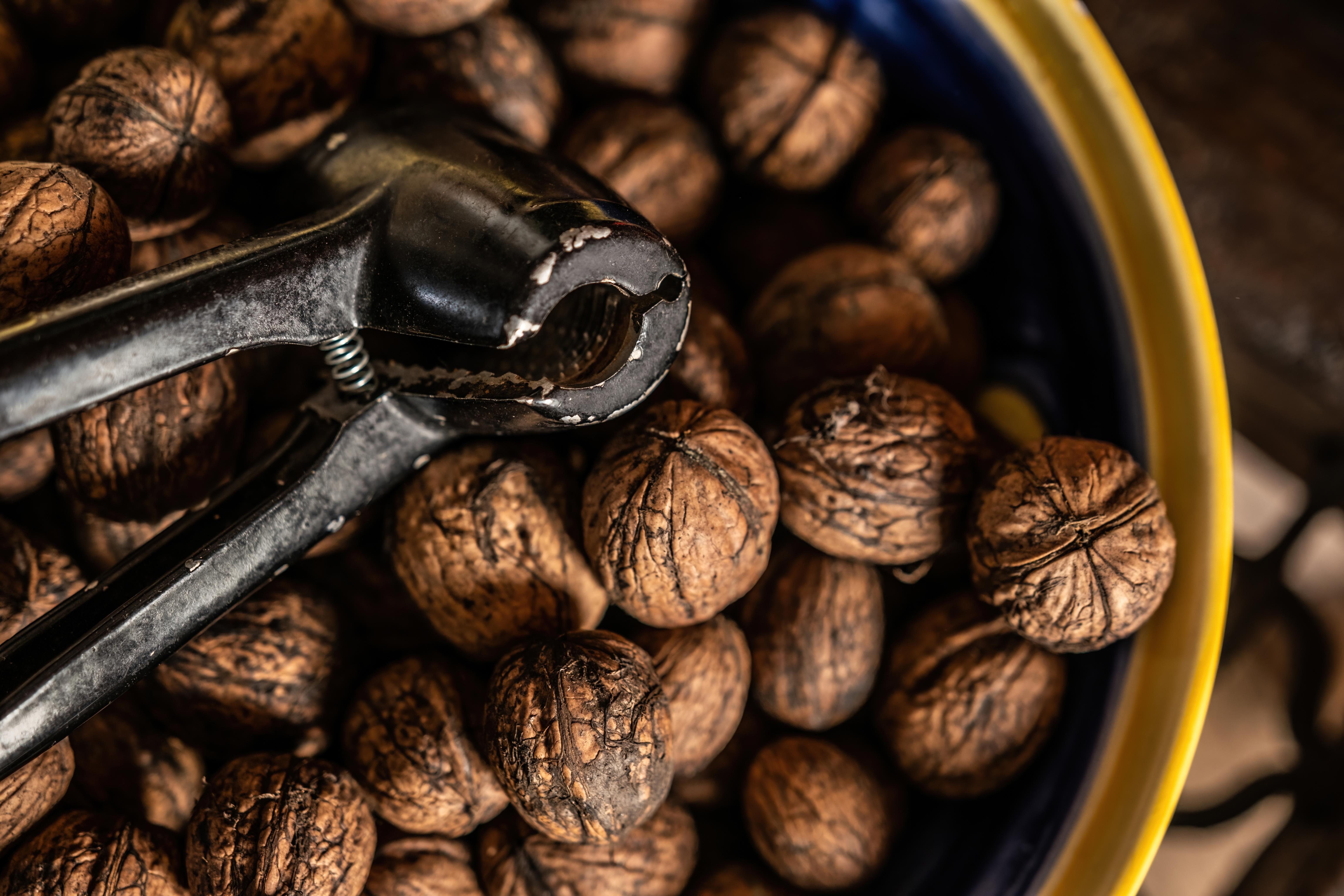
Nuts are nutrient-dense snacks that provide a wide array of health benefits, including support for gut health. Almonds and walnuts, in particular, are rich in fiber, healthy fats, and antioxidants. Almonds contain prebiotic fibers that promote the growth of beneficial bacteria, while walnuts are known to increase the diversity of the gut microbiome. Regular consumption of these nuts can improve digestion, reduce inflammation, and support heart health. Incorporating a handful of almonds or walnuts into your daily routine, whether as a snack or as an addition to salads and yogurt, can be a simple yet effective way to nurture your microbiome.
7. The Fruitful Approach: Berries
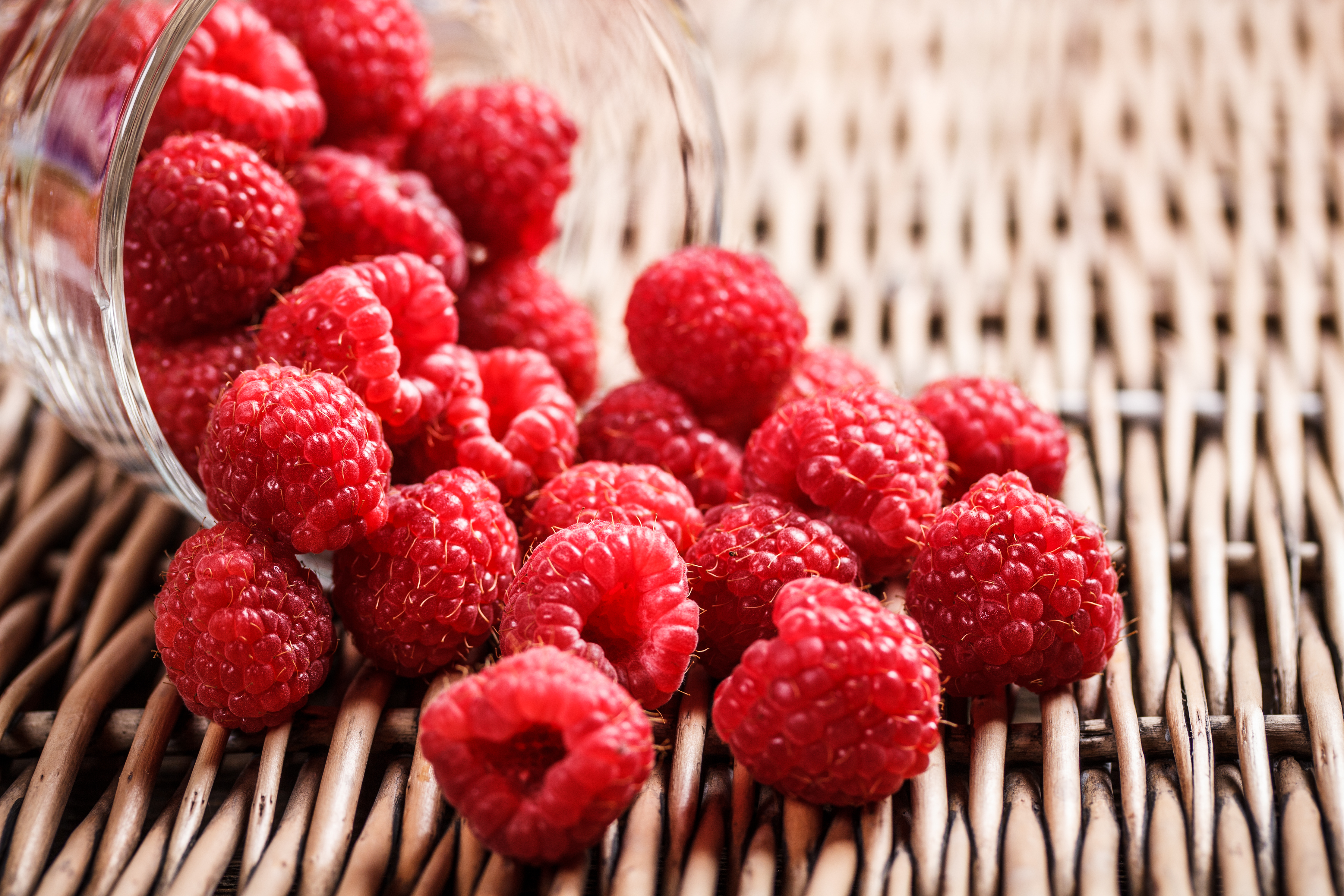
Berries, including blueberries, strawberries, and raspberries, are not only delicious but also packed with nutrients that support gut health. Rich in fiber, vitamins, and antioxidants, berries help reduce inflammation and support a balanced gut microbiome. The polyphenols found in berries act as prebiotics, promoting the growth of beneficial bacteria. Their natural sweetness and vibrant colors make them a versatile addition to any meal, whether enjoyed fresh, in smoothies, or as a topping for yogurt and oatmeal. Incorporating a variety of berries into your diet can enhance both your gut health and your overall well-being, offering a burst of flavor and nutrition.
8. Legumes: Lentils and Chickpeas
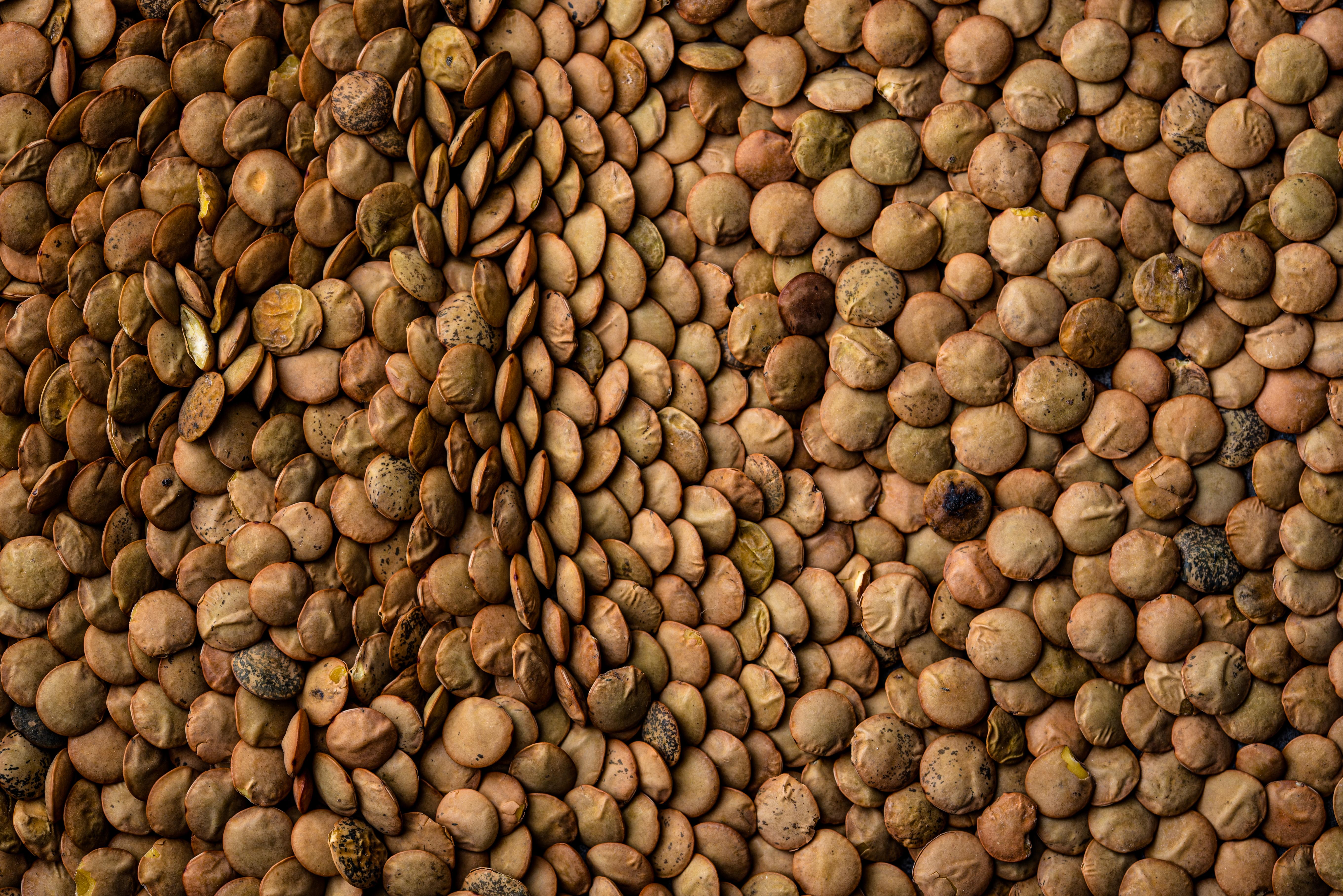
Legumes, such as lentils and chickpeas, are excellent sources of plant-based protein and fiber, making them ideal for gut health. They contain resistant starch, a type of fiber that feeds beneficial gut bacteria and supports regular bowel movements. Lentils, rich in iron and folate, contribute to energy production and overall health, while chickpeas offer a versatile base for a variety of dishes, from salads to hummus. Incorporating legumes into your diet can help maintain a healthy weight, improve digestion, and reduce the risk of chronic diseases. Whether in soups, stews, or salads, lentils and chickpeas are a delicious and nutritious way to support your microbiome.
9. The Whole Grain Advantage: Quinoa and Oats
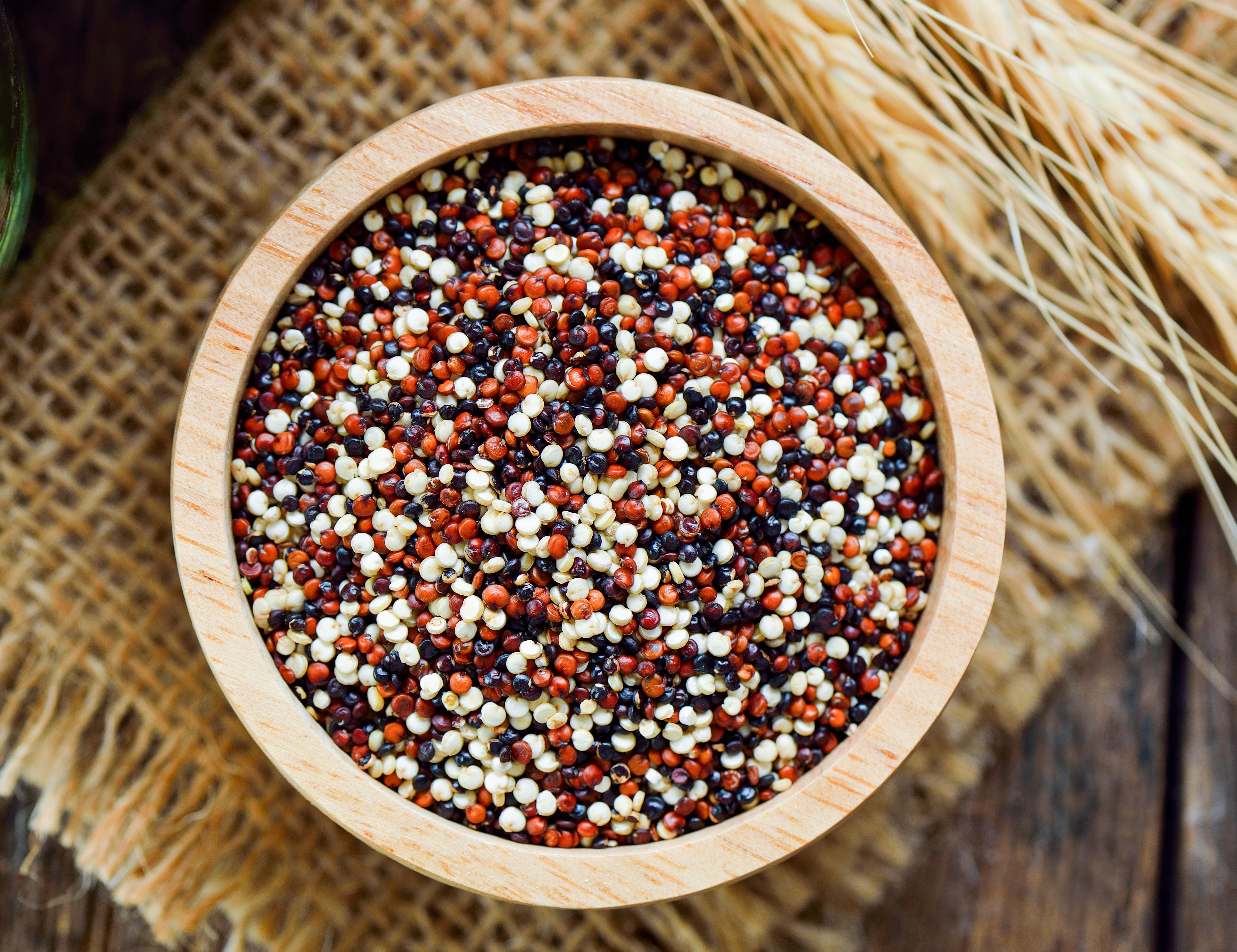
Whole grains are an essential component of a gut-friendly diet, providing fiber, vitamins, and minerals that support overall health. Quinoa and oats are two such grains that offer significant benefits for the gut. Quinoa, a complete protein, is rich in fiber and antioxidants, promoting digestion and reducing inflammation. Oats contain beta-glucan, a soluble fiber that supports heart health and stabilizes blood sugar levels. Incorporating these grains into your meals can be as simple as enjoying a warm bowl of oatmeal for breakfast or a quinoa salad for lunch, providing a satisfying and nutritious foundation for your diet.
10. The Fermented Beverage: Kombucha
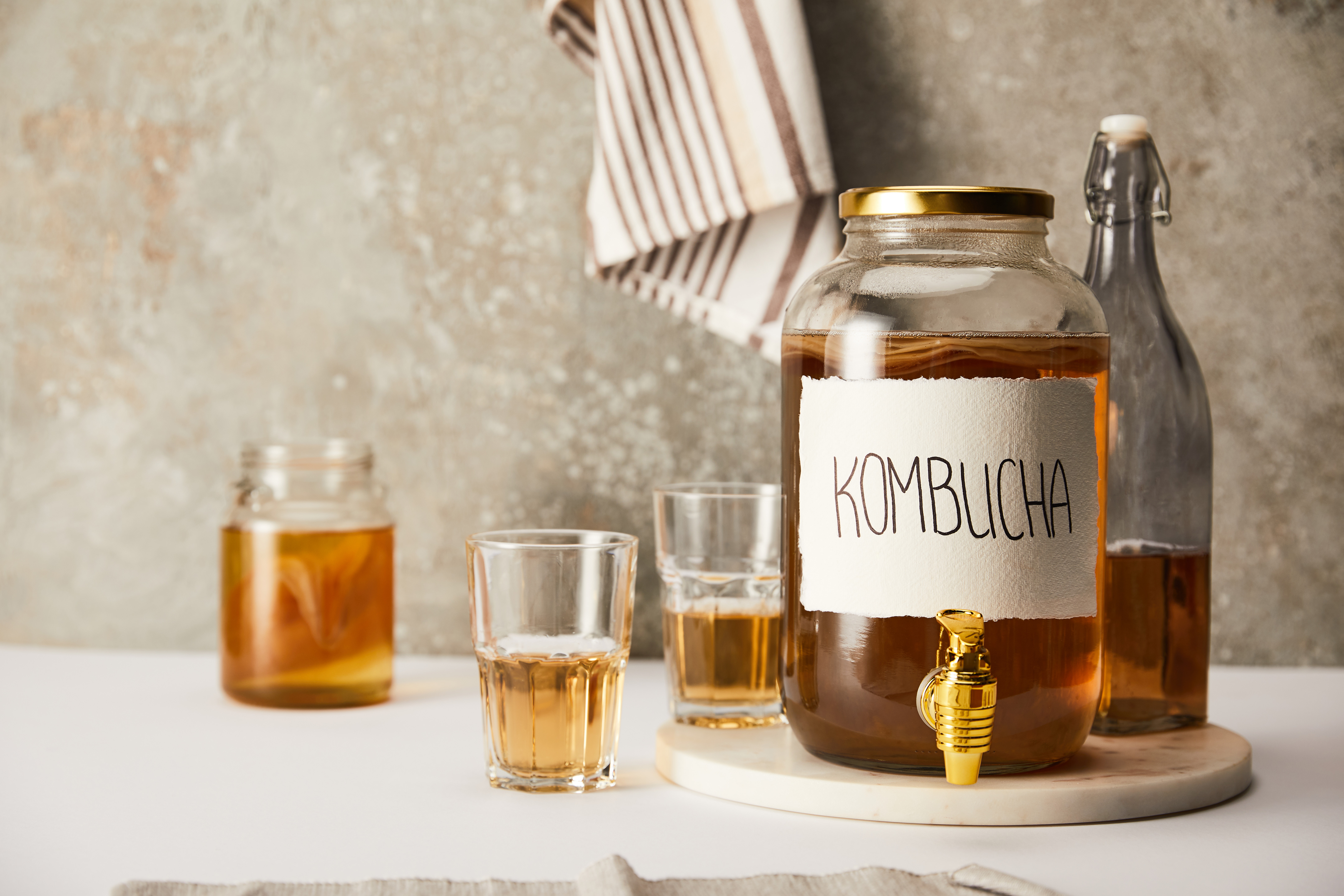
Kombucha, a fermented tea beverage, has gained popularity for its probiotic content and potential health benefits. Made by fermenting sweetened tea with a symbiotic culture of bacteria and yeast (SCOBY), kombucha is rich in probiotics, antioxidants, and organic acids. These compounds support digestion, boost the immune system, and promote a balanced gut microbiome. Enjoying a glass of kombucha as a refreshing beverage or as an alternative to sugary drinks can be a simple way to incorporate probiotics into your diet. With a variety of flavors available, kombucha offers a delicious and healthful option for supporting gut health.
11. Miso: The Umami-Rich Gut Guardian
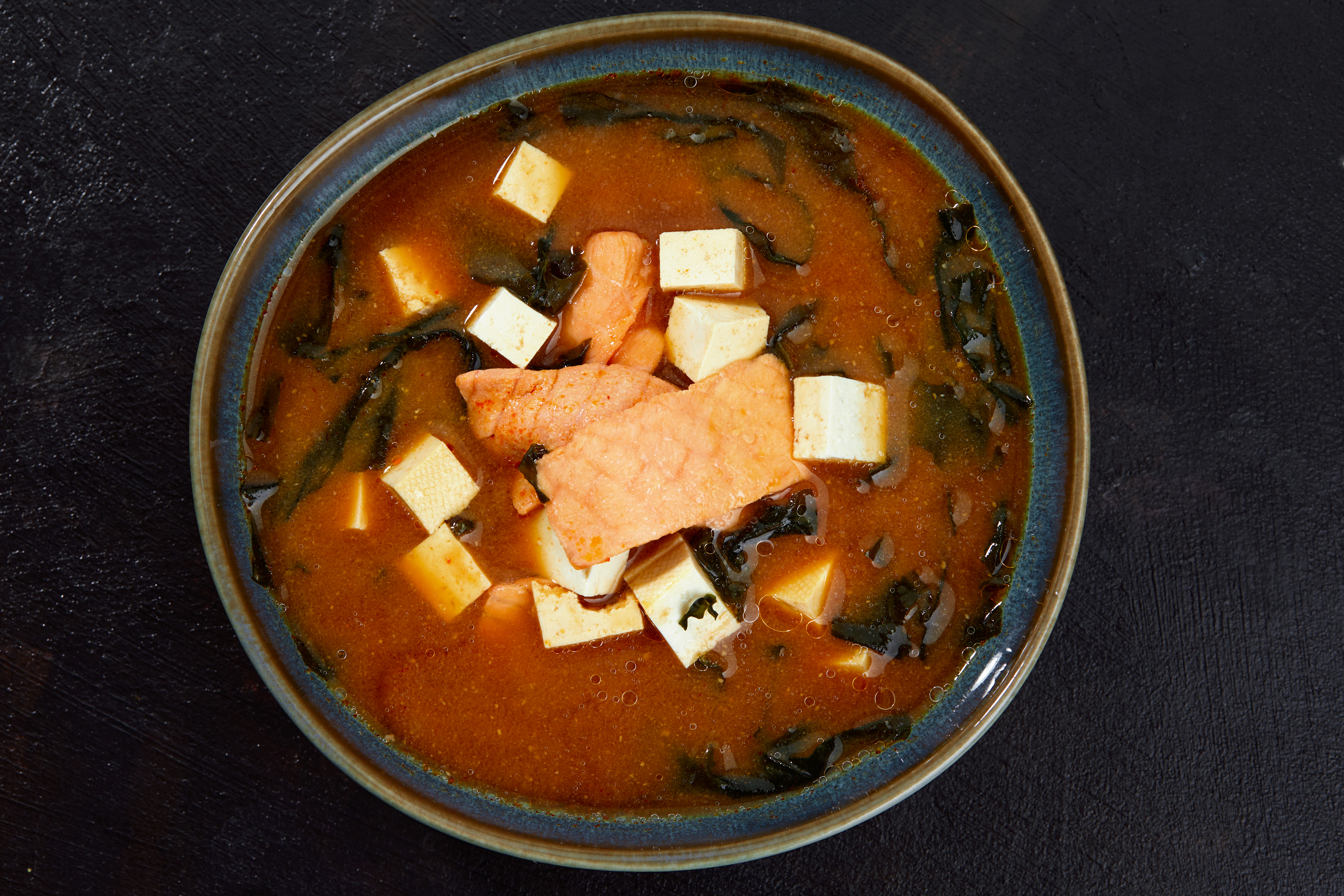
Miso, a traditional Japanese seasoning made by fermenting soybeans with salt and kōji (a type of fungus), is a savory, umami-rich paste that delivers a powerful dose of probiotics. Packed with beneficial bacteria like Lactobacillus, miso supports digestive health, enhances nutrient absorption, and bolsters the immune system. It also contains essential minerals like zinc, manganese, and copper, along with antioxidants that combat inflammation. A warm bowl of miso soup or a spoonful whisked into dressings or marinades offers an easy and flavorful way to nourish your microbiome. With its deep, satisfying flavor and gut-friendly profile, miso proves that healing foods can be both comforting and complex.
The journey to a healthier gut is both delicious and rewarding, with a myriad of snacks and foods that naturally nourish your microbiome. From probiotic-rich yogurt and kefir to fiber-packed chia seeds and flaxseeds, each of these 11 snacks offers unique benefits that support digestion, immunity, and overall well-being. By incorporating these gut-healing delights into your daily routine, you can enjoy a diverse and flavorful diet that promotes a healthy and balanced microbiome. Embrace this culinary adventure and discover the transformative power of nourishing your gut, one delectable bite at a time.
